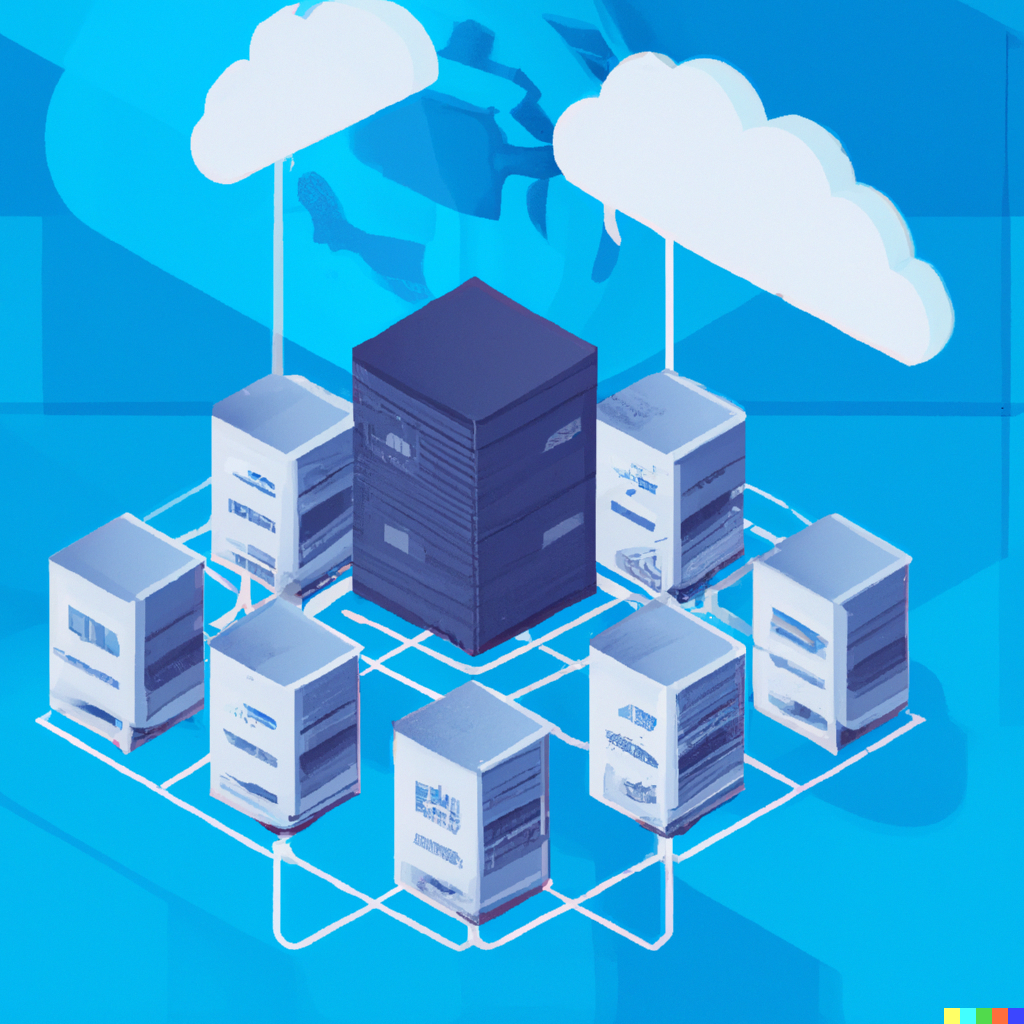Explore how Data Technology (DataTech) is transforming the way organizations manage, analyze, and leverage data. This article breaks down the core components of modern DataTech, key trends driving its evolution, and what the future holds for data-driven innovation.
In the era of digital transformation, data has become the currency of innovation. Organizations across every industry are recognizing that the path to smarter decisions, competitive differentiation, and scalable operations lies in their ability to harness, interpret, and act on data. Welcome to the world of Data Technology (DataTech)—a rapidly evolving ecosystem where information becomes intelligence.
What is Data Technology (DataTech)?
DataTech refers to the tools, platforms, and processes that manage, analyze, and operationalize data. This encompasses everything from data storage and integration, to advanced analytics, AI/ML, real-time processing, and data governance. At its core, DataTech is about making data useful—transforming raw inputs into actionable insights that drive outcomes.
The Rise of DataTech: Why Now?
Several trends are converging to drive the explosion of DataTech innovation:
- Data Explosion
- By 2025, the world is projected to generate over 180 zettabytes of data. From IoT sensors to mobile devices, data is being created at a pace never seen before.
- Cloud and Edge Computing
- The shift to cloud-native architectures and the rise of edge computing allow data to be processed closer to where it's generated, improving latency and enabling real-time applications.
- AI and Machine Learning
- AI is only as good as the data it learns from. Data pipelines, quality assurance, and model training infrastructure have become central to AI initiatives.
- Regulations and Data Privacy
- With regulations like GDPR, CCPA, and HIPAA, organizations need robust data governance frameworks to ensure compliance while still extracting value.
- Digital Transformation
- Every business is becoming a data business. Whether it’s predictive maintenance in manufacturing or personalized experiences in retail, data is the differentiator.
Core Pillars of Modern DataTech
Let’s dive into the foundational components that make up today’s DataTech stack:
1. Data Infrastructure
- Data Lakes & Warehouses: Tools like Snowflake, BigQuery, and Databricks merge the worlds of storage and computing.
- ETL/ELT Pipelines: Platforms like Fivetran and Apache Airflow automate data ingestion and transformation.
- Cloud Platforms: AWS, Azure, and Google Cloud offer scalable compute and storage capabilities.
2. Data Governance & Security
- Access Control & Auditing: Ensures data is used ethically and in compliance with policies.
- Metadata Management: Tools like Collibra and Alation help track data lineage and improve trust.
- Data Privacy Enhancements: Differential privacy, anonymization, and encryption are becoming standard.
3. Analytics & Intelligence
- BI Platforms: Power BI, Tableau, and Looker empower non-technical users to explore data.
- Advanced Analytics: Statistical modeling, forecasting, and simulation for deeper insights.
- Real-time Analytics: Kafka, Flink, and Spark enable streaming data insights.
4. AI & Machine Learning
- ML Ops: Managing the lifecycle of machine learning models, from training to deployment.
- AutoML & AI Platforms: Tools like Vertex AI and DataRobot simplify model creation.
- Generative AI: The integration of LLMs into DataTech is unlocking new interfaces and intelligence layers.
Challenges in the DataTech Landscape
Despite its promise, DataTech faces several challenges:
- Data Silos: Fragmented systems make unified analysis difficult.
- Quality & Consistency: “Garbage in, garbage out” still holds true.
- Talent Shortage: Demand for data engineers, scientists, and analysts far exceeds supply.
- Ethics & Bias: Models can amplify societal biases if not carefully designed and monitored.
The Future of DataTech: Where Are We Headed?
Looking ahead, we anticipate several key developments:
- Data Mesh Architectures: Decentralized data ownership and self-service infrastructure.
- AI-Augmented Analytics: Generative AI will act as a co-pilot for data exploration.
- Synthetic Data: As privacy concerns grow, synthetic datasets may become crucial for training and testing.
- Interoperability & Open Standards: Tools will need to play well together, promoting data portability and openness.
Conclusion: Data as a Strategic Asset
Data Technology is not just about handling data—it’s about unlocking its potential. Organizations that invest in modern DataTech stacks, empower their teams, and foster a data-driven culture will be the ones leading in their markets. The question is no longer whether to embrace data—it’s how fast and how well you can do it.
In the DataTech revolution, those who treat data as an asset—not an afterthought—will own the future.
Want to stay ahead in the DataTech landscape?
Subscribe to our newsletter and get the latest on analytics, AI, and emerging tech in your inbox.
